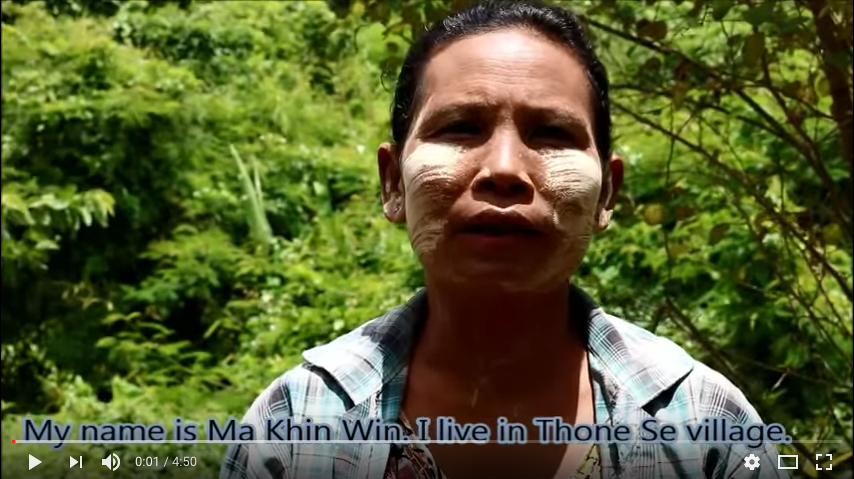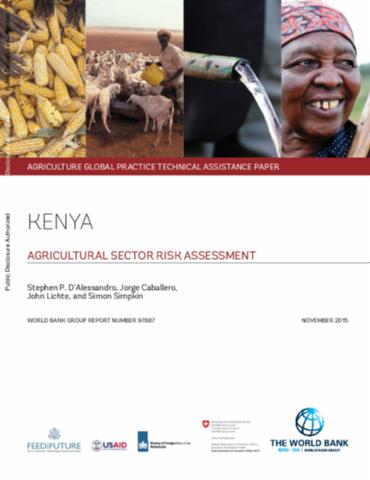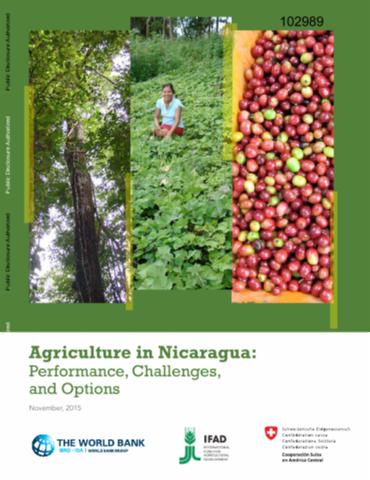Bahia State, Brazil
The present study is part of an effort
by the World Bank and the State of Bahia to assess
agriculture sector risks as a contribution to the strategic
economic development and poverty reduction agenda of the
state government. It is composed of two phases: an
agricultural sector risk identification and prioritization
(volume one) and a risk management strategy and action plan
(volume two). The study provides practical elements for the







